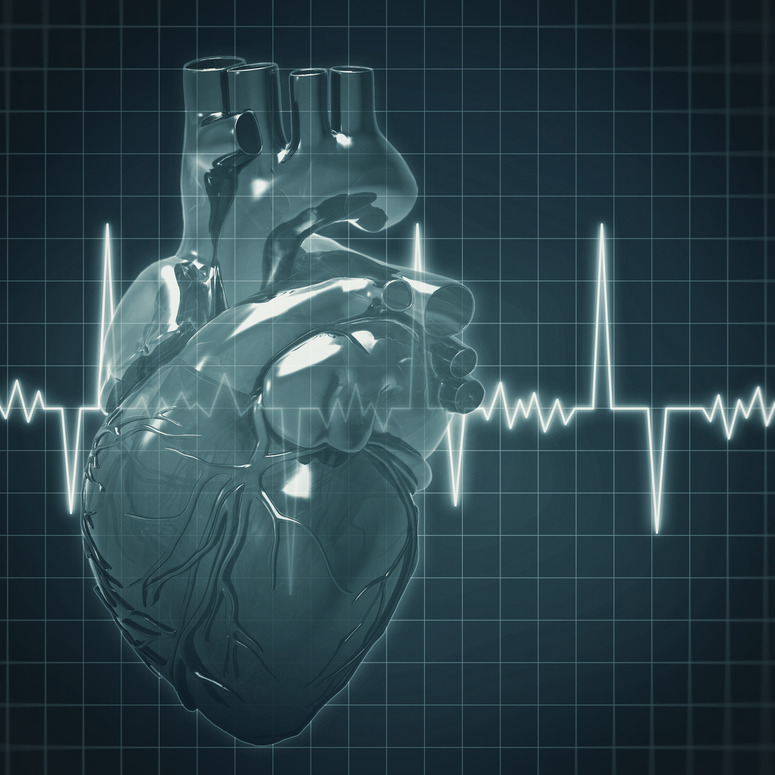 Cardiovascular Medical Group can help you determine if you have arrhythmia.
Cardiovascular Medical Group can help you determine if you have arrhythmia.
What is Arrhythmia?
Arrhythmia is an abnormal rhythm of the heart. It may feel like a temporary pause so brief that it doesn’t change the overall heart rate. It may also cause slow or fast heart rate.
There are two basic kinds of arrhythmias:
- Bradycardia (when heart rate is less than 60 beats per minute)
- Tachycardia (when the heart rate is more than 100 beats per minute)
An arrhythmia is a condition caused by a problem with the heart’s electrical system, which produces abnormal rhythms. These abnormal rhythms may make the heart pump less efficiently. Normally, the heartbeat begins in the right atrium when a special group of cells sends an electrical signal. This group of cells is called the sinoatrial node. These cells normally determine the frequency of the beats and the heart’s natural rhythm. The signal is disseminated throughout the atrium and the atrioventricular node, which is the union between the atria and the ventricles. Normally, the atria (the heart’s upper chambers) and the ventricles (the heart’s lower chambers) are separated by an insulating layer of cells that prevents electrical signals from going between them except through the atrioventricular node. The atrioventricular node is connected to a group of fibers that conduct the electrical signal.
The impulse travels through these specialized fibers, known as the His-Purkinje system, to the ventricles.
An arrhythmia occurs…
- When the heart’s natural pacemaker (the sinoatrial node) adopts an abnormal rate or rhythm.
- When the normal conduction path is interrupted.
- When another part of the heart starts to work as the pacemaker.
Causes of arrhythmias:
Many arrhythmias do not have a known cause. However various factors that can contribute to arrhythmias include heart disease, high blood pressure, diabetes, smoking, excessive alcohol consumption, and stress. Sometimes substances (certain over-the-counter and prescription medications, nutritional supplements, and herb-based remedies) cause arrhythmias in some people. Some prescription medications can contribute to appearance of arrhythmias.
What are signs of arrhythmia?
- When brief, it may barely be noticed, like a skipped heartbeat
- It may feel like fluttering of the chest or neck
- When it lasts longer, it impacts how well the heart works. If not enough blood is pumped to the body, symptoms can include feeling tired or lightheaded and even passing out.
- Tachycardia can reduce the heart’s ability to pump, which can cause shortness of breath, chest pain, lightheadedness or loss of consciousness. If severe, it can cause heart attack or death.
The heart’s normal rate or pulse
The heart beats when the electrical impulse goes through it. When a person is at rest, the heart beats approximately 60 to 80 times per minute. The atria contract a fraction of a second before the ventricles. This allows the atria to pump blood to the ventricles before they contract.
Other Electrophysiology services that we provide include:
- Event Recording
- Holter Monitoring
- Pacemaker Implantation and Monitoring
- Defibrillator Implantation
- CRT Device
- Implantable Loop Recorders
- Arrhythmia Interventions & Ablations
